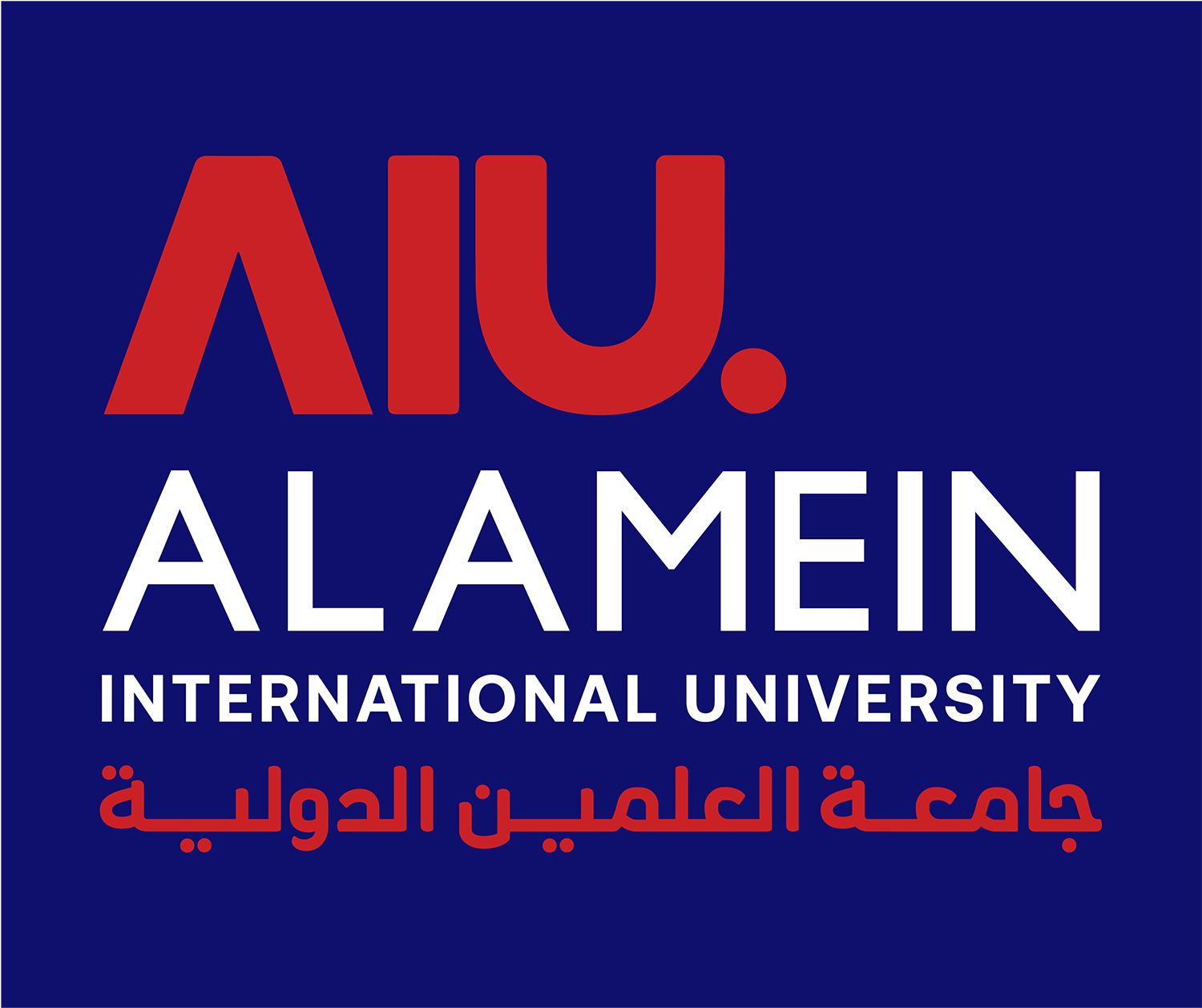BIO-Art
- University Requirements: 20 Cr.Hrs.
- General Field Requirements: 24 Cr.Hrs.
- Specialization Requirements: 94 Cr. Hrs.
- Specialization Requirements (Elective): 6 Cr. Hrs.
Total: 144 Cr.Hrs.
**Practical Summer Internship (Summer Training):
Students must pass practical internship:
- 1st (between the second & third level), Practical Internship
- 2nd (between the third & fourth level), 4 weeks between each level
Bio Art has become a term referring to intersecting domains of the biological sciences and their incorporation into the plastic arts. Of particular importance in Bio Art is to summon awareness of the ways in which advancing biotechnologies alter social, ethical and cultural values in society.
Bio art is a creative practice that adapts scientific methods and draws inspiration from the philosophical, societal, and environmental implications of recombinant genetics, molecular biology, and biotechnology.
Through this program student will be able to Create life at the macroscopic and microscopic levels and produce works that are (or incorporate) living organisms or systems in which the living and the non-living are intertwined.
Interdisciplinary bio art initiatives blur boundaries between art and modern biology with an emphasis on philosophical, societal, and environmental issues.
Graduates should be able to:
Knowledge and Understanding:
– Contain bio context with text, images, in which the terrestrial biometric becomes a message board.
– Understand how to involve research and laboratory in creating art.
Intellectual Skills:
– Critically challenging emerging life science applications
– Stimulate scientific thinking.
– Involve conceptual frameworks, fields of association, and avenues of inquiry not investigated by scientists and engineers.
Professional & Practical Skills:
– Utilizing laboratory practice and biotechnology to explore living systems as artistic subjects.
–Contribute to new research questions and new technologies
– Create expressions of discord and controversy enabling public debates in collaboration with scientists.
General Skills:
– Employ biotechnology for traditional practices such as painting.
– Examine urban farming, molecular cuisine, digital gastronomy, as well as pesticides and contaminates.
– Understand how genetic engineering has affected our lives.
– Performance, painting, sculpture, public art, photography, illustration and cartooning, as well as community-based projects.
– Examine intersections between laboratory practices and visual art production.
- Bio Artist
- Bio Art researcher
- Bio Art Laboratories researcher
- Bio Art designers
- Photographers
- Medical & Scientific Illustrators
